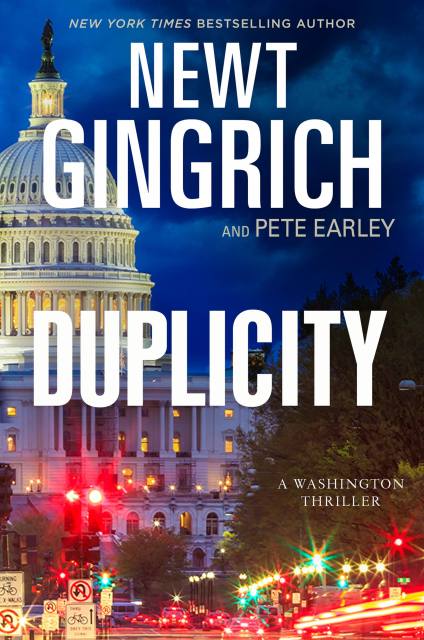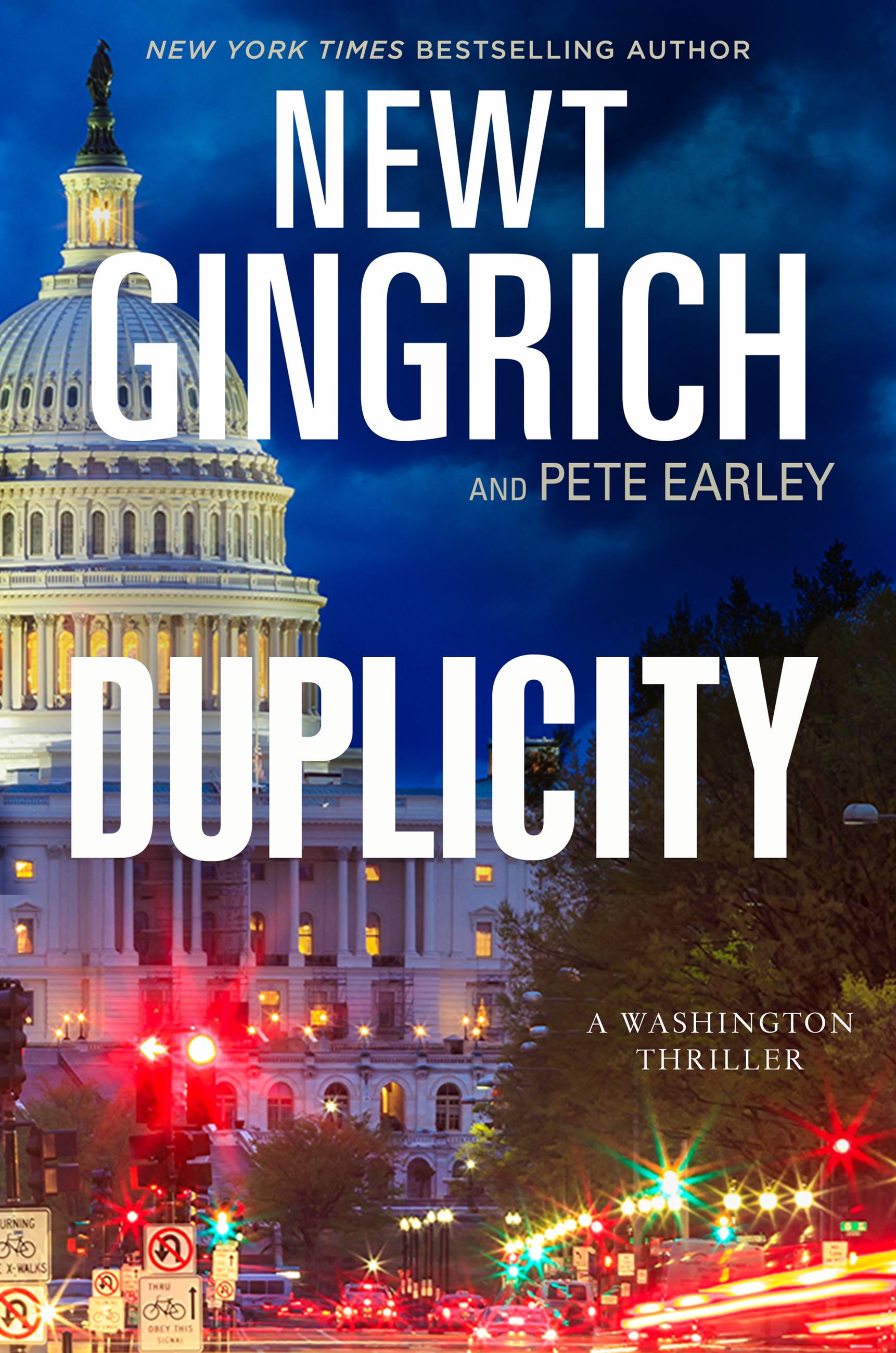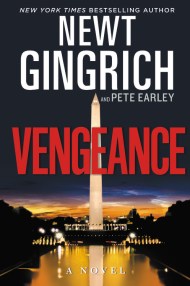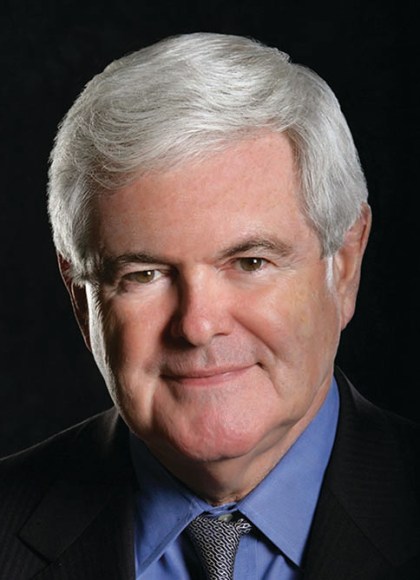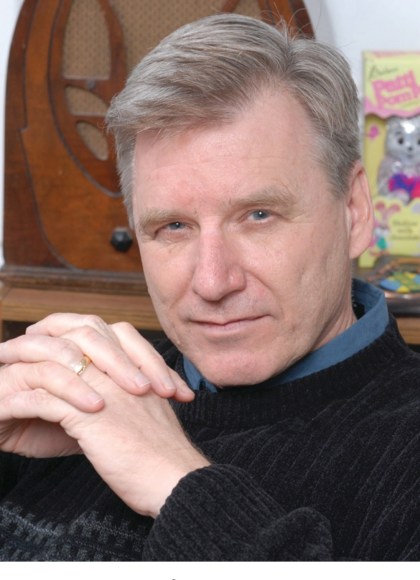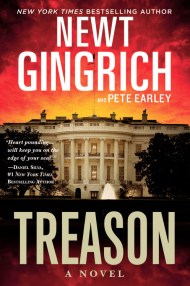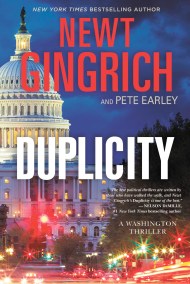By clicking “Accept,” you agree to the use of cookies and similar technologies on your device as set forth in our Cookie Policy and our Privacy Policy. Please note that certain cookies are essential for this website to function properly and do not require user consent to be deployed.
Duplicity
A Novel
Contributors
By Pete Earley
Read by Robert Fass
Formats and Prices
- On Sale
- Oct 13, 2015
- Publisher
- Hachette Audio
- ISBN-13
- 9781478903611
Format
Format:
- Audiobook Download (Unabridged)
- ebook $11.99 $15.99 CAD
- Hardcover $42.00 $53.00 CAD
- Trade Paperback $15.99 $19.49 CAD
This item is a preorder. Your payment method will be charged immediately, and the product is expected to ship on or around October 13, 2015. This date is subject to change due to shipping delays beyond our control.
Buy from Other Retailers:
The greatest nightmare for the free world today would be an extremist in hiding, controlling and coordinating radical Islamic groups at the highest level around the globe.
In Duplicity, two bestselling authors — former Speaker of the House Newt Gingrich and Pulitzer Prize finalist Pete Earley — weave a grim and gripping tale of this worst case scenario. From home front fears to an international crisis, this thriller is terrifyingly plausible, ripped straight from the headlines.
When President Sally Allworth decides to reestablish America’s Mogadishu embassy in Somalia weeks before Election Day, her challenger says she is playing politics with American lives. That turns out to be true when the embassy is attacked and hostages are taken. Station chief Gunter Conner and Marine captain Brooke Grant end up the unlikely survivors of this Benghazi-style strike. And suddenly, they are the only hope for saving their captured colleagues.
With his in-depth political knowledge of friends and foes on the political stage, only Newt Gingrich could weave such a spellbinding tale of events and personalities, one that could actually happen . . . if America’s leaders aren’t wary of a world full of duplicity.
Series:
-
A thrilling tale of America's darkest day.W.E.B. Griffin on Pearl Harbor
-
[Gettysburg] is believable and beautifully written...every bit as good as Michael Sharra's The Killer Angels. Not only do Gingrich and Forstchen bring the characters to life, and often horrible death, but they do so with memorable observations on the ways of war and vivid, technically accurate descriptions of frightful Civil War combat.The Courier Journal, on Gettysburg
-
Grim, gritty, realistic, accurate, and splendid, this is a soaring epic of triumph over almost unimaginable odds.Library Journal on To Try Men's Souls
-
The authors' research is impeccable...the reader is left believing it could really have happened this way.Booklist on Never Call Retreat
-
An exciting alternative history of the Civil War. Character depictions are vivid, detailed, and insightful. One of the best novels of the Civil War to appear in recent years.Publishers Weekly (Starred Review) on Grant Comes East
Newsletter Signup
By clicking ‘Sign Up,’ I acknowledge that I have read and agree to Hachette Book Group’s Privacy Policy and Terms of Use
